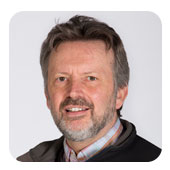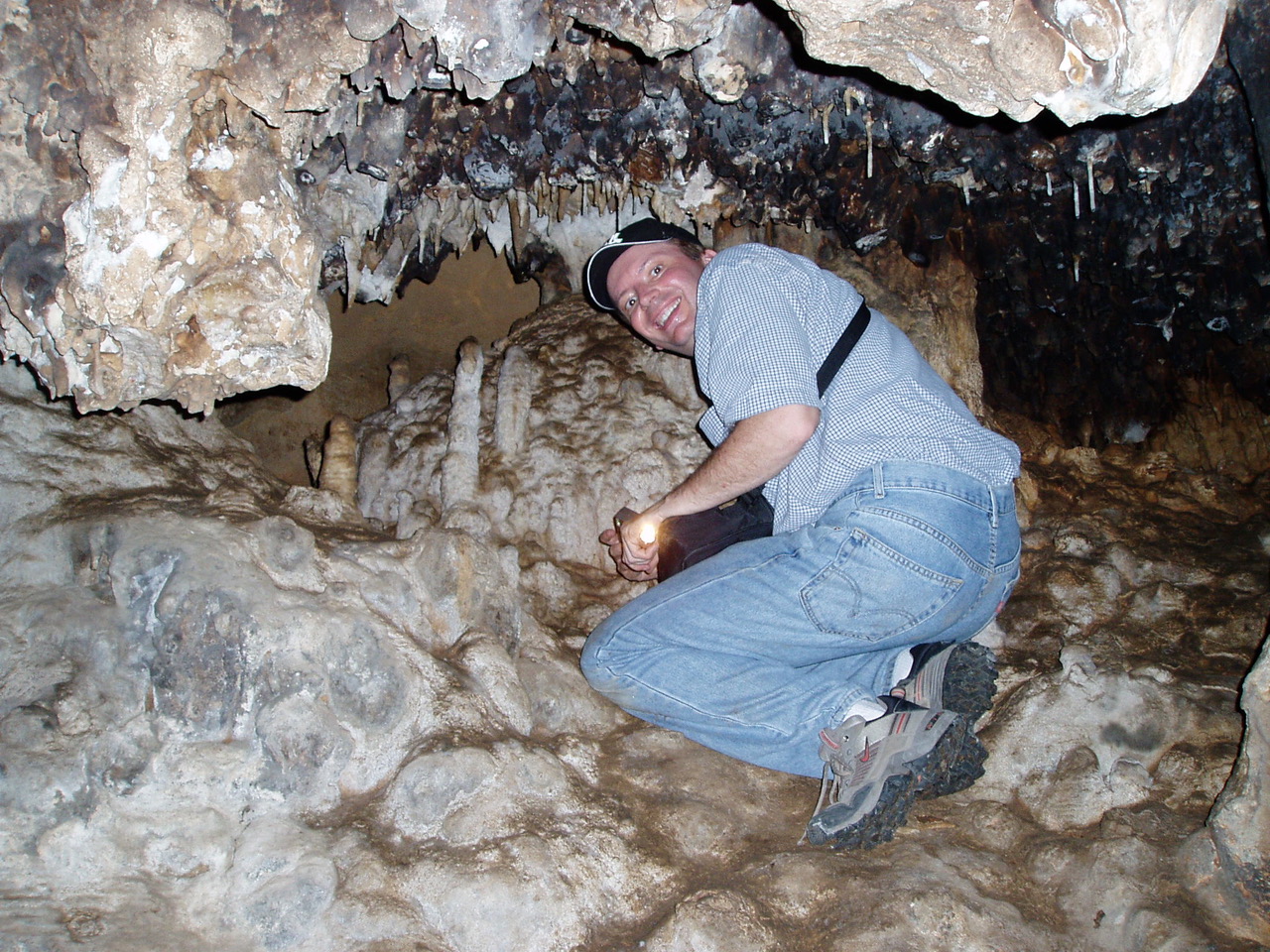Submitted by Dr C.M. Martin-Jones on Tue, 24/11/2020 - 09:31
David Hodell, Woodwardian Professor of Geology at the Department of Earth Sciences, University of Cambridge, has been named a Fellow of the American Association for the Advancement of Science (AAAS).

David Hodell, who is Director of the Godwin Laboratory of Palaeoclimate Research and also a fellow of Clare College, was elected as an AAAS Fellow in Geology and Geography for distinguished contributions to the field of palaeoclimatology.
“I’m delighted to be recognized by the AAAS for my research in paleoclimatology. I have been blessed with valued mentors, colleagues, postdocs and students over the years, without whom I would have never accomplished a fraction of the work I have been able to do”, said Hodell.
Research by Hodell, together with Mark Brenner and Jason Curtis at the University of Florida, provided the first physical evidence for periods of increased drought between the period 800 and 1000 AD, coinciding with the demise of the Classic Maya Civilisation.
Together with PhD students Alena Giesche and Yama Dixit and Dr. Cameron Petrie in the Department of Archaeology at Cambridge, he has also investigated the impact of climate and environmental change on the Bronze Age Indus Valley Civilisation.

Hodell pictured in 2004 sampling speleothems from a cave in Yucatan, Mexico (credit: Mark Brenner). These stalagmites form the basis for a current project sponsored by the Leverhulme Trust to reconstruct a fine-grained history of climate in the Puuc region of northern Yucatan and how it relates to local cultural change.
Hodell has also made key contributions to our understanding of long-term climate cycles and their link to past variations in the Earth’s orbit geometry (the Milankovitch theory). His research combines marine sediment cores with the polar ice cores so that atmospheric changes in temperature and greenhouse gases can be placed in the context of heat and carbon storage in the deep-sea. A recent result of IODP drilling efforts is a study involving Hodell, and led by the University of Bremen, that presents a new high resolution climate record ‘CENOGRID’ for the last 66 million years – defining major transitions in Earth’s climate state.
Header image credit: Mierdamian Rondana on Flickr
